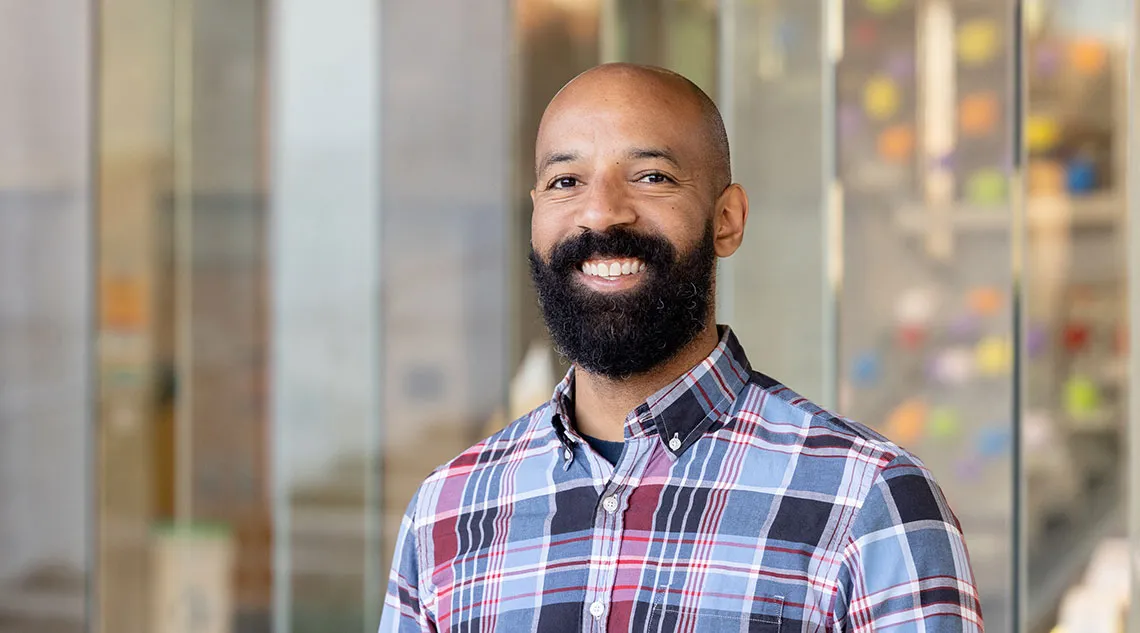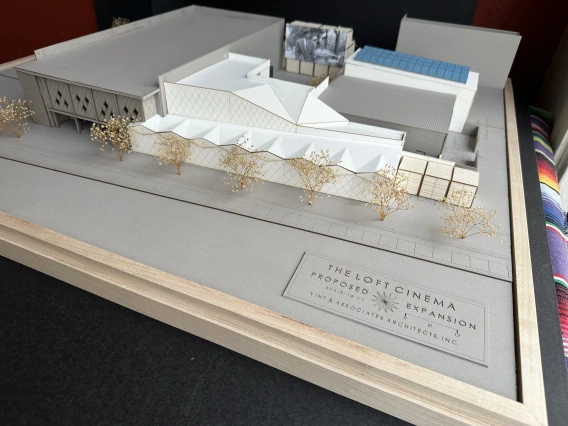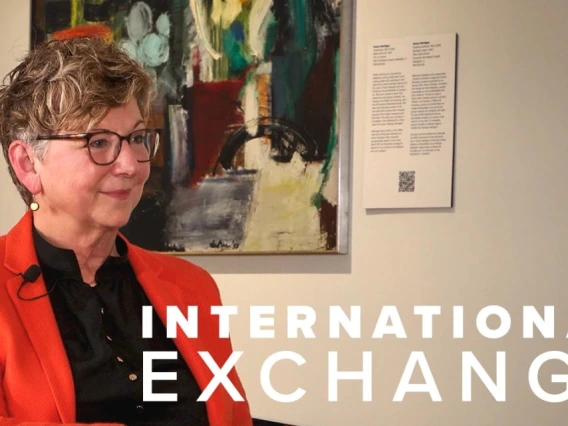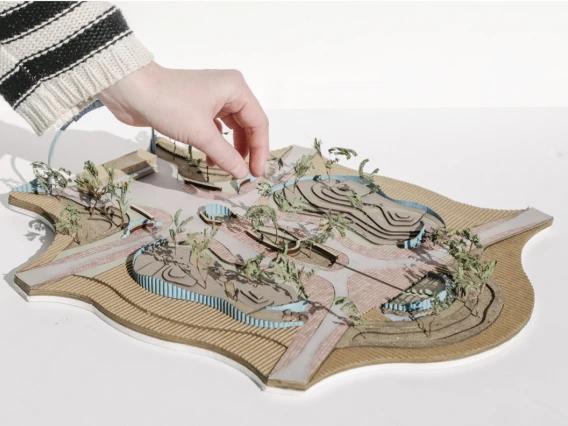CAPLA Seed Grant Funds Inclusive Public Spaces Research

CAPLA Research Seed Grant funding is supporting research focused on community engagement processes that are more inclusive for designing public spaces, such as parks and plazas.
Assistant Professor of Landscape Architecture Kenneth Kokroko received a CAPLA Research Seed Grant for his proposal “Toward an ethic of equity: A review of inclusive community engagement processes in landscape architecture practice.”
“For me, being awarded a Research Seed Grant is special because it signals that the work I do and the topics I study are important, not just to me, but to my colleagues and the grant reviewers,” Kokroko said. “It’s good to know that the work I am doing is recognized and valued by a community of scholars here at CAPLA, the university and beyond.”
Kokroko’s research aims to explore how landscape architects involve local communities in designing public spaces, such as parks and plazas.
“By understanding the methods and challenges of community involvement, outcomes will improve how these spaces are designed to better meet the needs of the people who use them,” Kokroko said.
He is among three other CAPLA faculty who was selected for a Research Seed Grant. For the research proposals, the UArizona Office of Research, Innovation and Impact selected reviewers from a pool of faculty invited by Associate Dean of Research Bo Yang.
The study will involve interviewing landscape architects and analyzing built landscape design projects to uncover best practices and identify strategies for success and areas where improvements can be made.
The desired outcomes of his project are to:
- Determine the methods and strategies professional landscape architects use to engage vulnerable communities in the design process.
- Describe how these methods and strategies facilitate the integration of community perspectives into design proposals and outcomes.
- Identify challenges and/or successes landscape architects experience when engaging communities in the design process.
- Create a typology of engagement practices, strategies, and methods as a resource to support community engagement in vulnerable communities.
“Ultimately, the goal is to document best practices that make community participation in design projects more effective and inclusive, leading to better-designed public spaces that everyone can enjoy,” said Kokroko.



